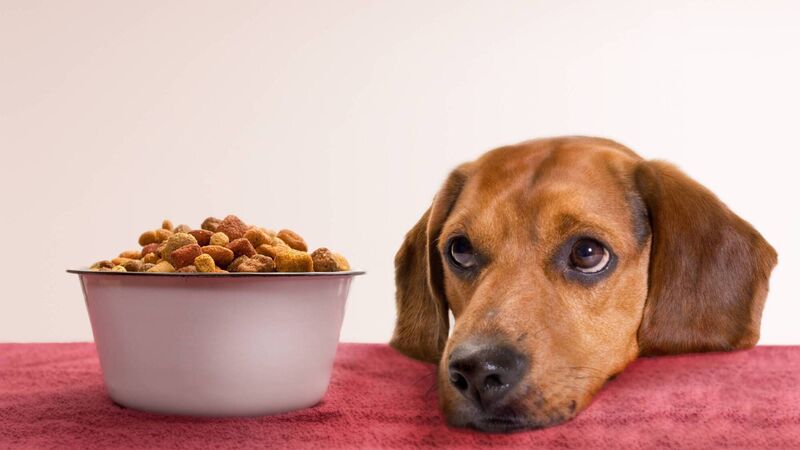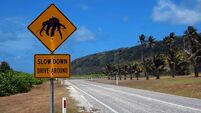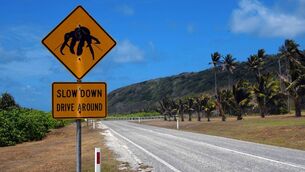Carbon pawprint of pets: Are our dogs and cats secret climate culprits?

Scientists estimate that the global production of dry pet food adds up to around 26.6 million tonnes every year. Picture: iStock
They greet us with wagging tails and purrs of approval, but the last thing on our minds when cuddling our pets is whether they’re quietly contributing to global pollution.
However, a growing body of research, including a revealing study in Global Environmental Change by Dr Peter Alexander and colleagues, suggests the planet’s beloved dogs and cats might be leaving heftier carbon paw prints than we’d expect.








